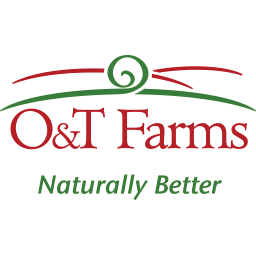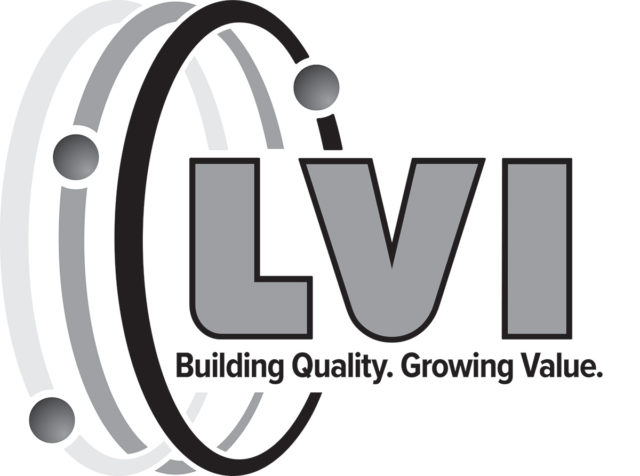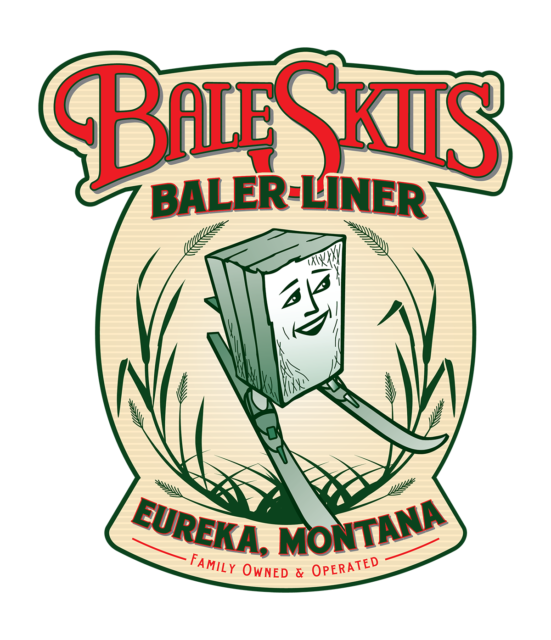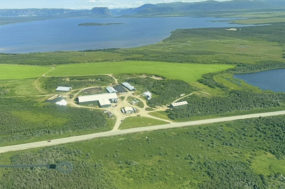The opening session on hot topics in the industry certainly was a draw. Jennifer Walker from Dean Foods provided an interesting viewpoint on animal welfare. One I hadn’t heard told in quite that way before. However, it was the two following presentations that drew the most questions from the floor.
Mike Petersen, a member of the Special Agricultural Trade Envoy for New Zealand, gave an overview of the dairy market in New Zealand and across the globe, while Bruce Muirhead from the University of Waterloo had a talk strongly supporting supply management.
These presentations led me to question: When might supply management come to an end?
Now, before the supply management supporters turn the page, I ask for you to hear me out.
I have nothing against supply management. I believe it has brought a great many benefits to the Canadian dairy industry. Canadian dairy farmers are able to farm at a comfort level not experienced by their peers in other countries.
Yet all good things typically do come to an end. At some point, at some time, the Canadian supply management system may no longer exist. I can’t help but wonder what will bring it to that point. Will it be a trade agreement? Could it be a need to fulfill the world’s growing demand for dairy products?
In Petersen’s presentation, he mentioned that the world population is estimated to grow to 8 million by 2030 – and with that the demand for dairy products.
The current global dairy industry has some challenges to overcome to meet those needs. New Zealand and Australia have a limited land base and continue to suffer the effects of some severe droughts. Europe has released its quota system, but it also has a limited land base.
China has a desire to grow, but it is just starting out and is not yet well-equipped. Our neighbours to the south in the U.S. could certainly turn on their dairy supply if market conditions warrant it, but will that be enough?
One huge, untapped country with a lot of potential is Canada. Our dairy producers know how to produce high-quality milk, and there is plenty of land here to be able to do so. The only thing holding Canada back from joining the world market is its supply management program.
During low market times, that is certainly a good thing, but I would like to believe that if the world needs more dairy products, Canada will be there ready and able.
On the same trip, I met a wonderful group of students who will help move the Canadian dairy industry forward. In their second year at Lakeland College, Vermilion, Alberta, the dairy student-managed farm team is gathering real-life knowledge to help them one day be successful on their own dairy farms. Click here to read more about them.
In talking with this group, I asked for their thoughts on supply management, as one argument against the program is that the younger generation would rather farm without it.
That is not the case with this group of five; each one of them said they look forward to farming with supply management, as they too want to reap the benefits it provides.
For now, the sun is bright. It was the most pleasant week I’ve experienced in my five years of attending the Western Canadian Dairy Seminars. There was no snow or ice, the sun was shining, and everyone was looking forward to the day ahead. PD

- Karen Lee
- Editor
- Progressive Dairyman









